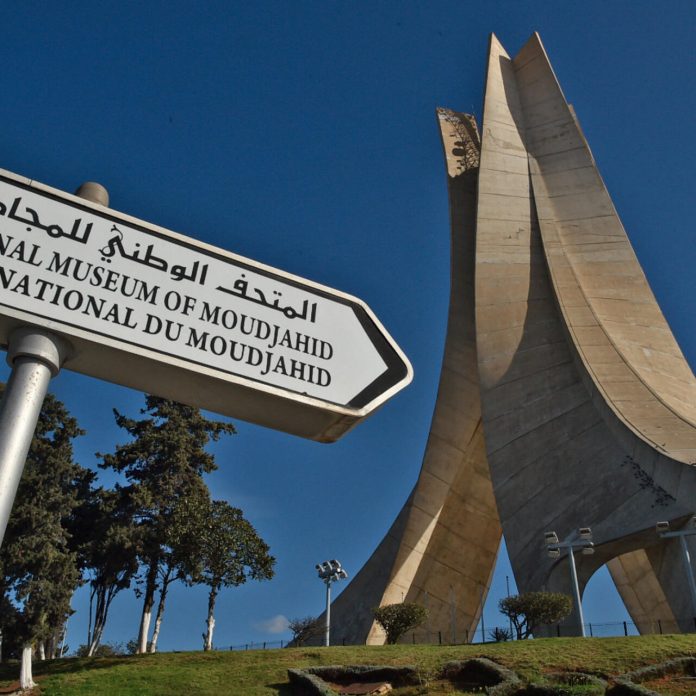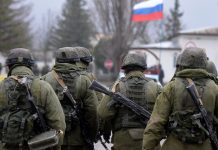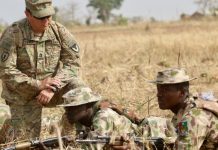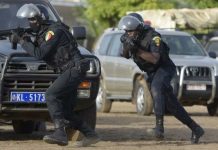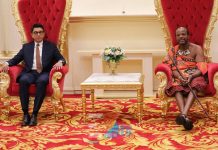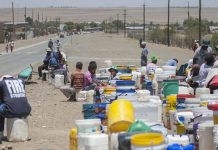
/
RSS Feed
As Europe commemorates the 80th anniversary of its victory over fascism and the end of World War II, Algeria marks a far more somber milestone: the brutal colonial-era massacres that erupted on that very same day, May 8, 1945.
Ceremonies were held this week in the Algerian towns of Sétif, Guelma, and Kherrata — the epicenters of the violence — where thousands of Algerians lost their lives at the hands of French colonial forces. Residents gathered to honor the victims and reflect on a pivotal moment in the nation’s history.
President Abdelmadjid Tebboune called the massacre a foundational event in Algeria’s long struggle for independence after 132 years of French rule, framing it as a source of national pride and historical resilience. The Ministry of War Veterans is marking the occasion under the banner: “A people without memory is a people without a future.”
A Forgotten Sacrifice
More than 500,000 colonial soldiers — known as tirailleurs — from North and West Africa and Madagascar fought for France during World War II. Many volunteered; others were conscripted. Over 100,000 were Algerians, who hoped their service would be rewarded with rights and dignity.
Instead, they were met with bullets.
On May 8, 1945, as Europe celebrated liberation, thousands of Algerians marched peacefully for their own freedom. They carried flags and revived calls for independence in cities like Sétif and Guelma. What followed was a harsh crackdown by French police, igniting riots and violent retaliation. Over 100 people, mostly Europeans, were killed in the unrest.
The French response was swift and devastating: airstrikes, naval bombardments, and mass arrests. While French records cite around 3,000 deaths, Algerian authorities maintain that as many as 45,000 people were killed.
Still Waiting for an Apology
In 2022, Presidents Tebboune and Emmanuel Macron launched a joint historical commission to reckon with the legacy of colonial violence. But progress has stalled amid diplomatic tensions, including disputes over immigration and France’s balancing act between Algeria and Morocco.
Historian Daho Djerbal, who has documented survivor testimonies, describes May 8 as the moment Algerians realized independence was the only path forward. He insists France has yet to fully confront the scale of the atrocities:
“There was no declared war against the Algerian people. Yet we sent the air force, the navy, and field artillery to suppress a demonstration.”


